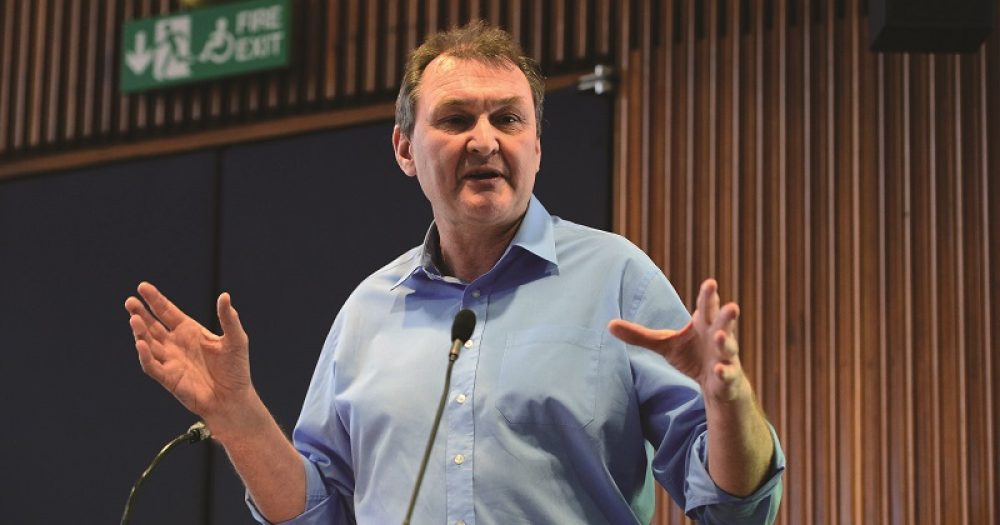Thousands of teachers have criticised the government’s performance-related pay system, with many claiming it has denied them access to even the smallest pay rise.
A joint survey of 13,000 teachers by the National Union of Teachers and Association of Teachers and Lecturers found that 21 per cent were denied pay progression in 2016, up from 19 per cent in 2015. A further 15 per cent of those had been told this was down to budget constraints.
The results also raise questions about whether schools have the right processes in place to deal with pay progression, after almost 90 per cent of those turned down complained they had had no warning that they might not get a rise.
More than a third of all respondents claimed their schools had no written policy on the matter.
We need to remove this discredited and discriminatory pay system now
The government continues to keep teachers’ pay rises capped at 1 per cent nationally, but schools can choose to allocate progression within the constraints of the cap and existing pay ranges based on staff performance.
Unions claim that the performance-related remuneration system, coupled with pressures on school funding, is leading to unfairness in teacher pay.
But officials argue that many teachers do not receive pay progression because they have already reached the top of their pay range.
Kevin Courtney, the general secretary of the NUT, said the current system is “not about rewarding good work but is about unfairly denying pay rises to manage declining budgets”.
“The uncertainty about pay progression is putting many graduates off entering teaching or staying in teaching, and the funding crisis is clearly denying many teachers the progression that they are due.

“We need to remove this discredited and discriminatory pay system now.”
The survey, thought to be the biggest of its kind on the issue, also found that teachers in academies were more likely to be denied progression than teachers in local authority schools.
Rates of non-progression were also far higher for part-time teachers than for full-time teachers.
Teacher pay is one of the biggest campaign issues for the two unions, which are involved in ongoing discussions about the formation of a new ‘super-union’, the National Education Union, from their two memberships.
Mary Bousted, who leads the ATL, warned that school leaders and teachers are “having to spend far too much valuable teaching and learning time on paperwork and admin to decide pay awards”.
“Performance related pay is threatening collegiate working in schools, demoralising teachers who feel they have been unfairly treated and undermining the valuable contribution that performance appraisal can, and should, make to improving teaching – and pupils will lose out as a result.”
According to the government, the results of last year’s teacher voice omnibus survey revealed that just 3 per cent of teachers who were recommended for pay progression in 2015 were not awarded it.
Officials also claim that 37 per cent of participants were not eligible for progression because they had reached the top of their pay range.
“We want to support schools to be able to recruit and retain the teachers they need,” a spokesperson said.
“The extension of performance-related pay means that headteachers now have the freedom to be able to pay good teachers more. This is in contrast to the old system which awarded teachers pay rises simply for time served, regardless of whether or not they were doing a good job.”








Your thoughts